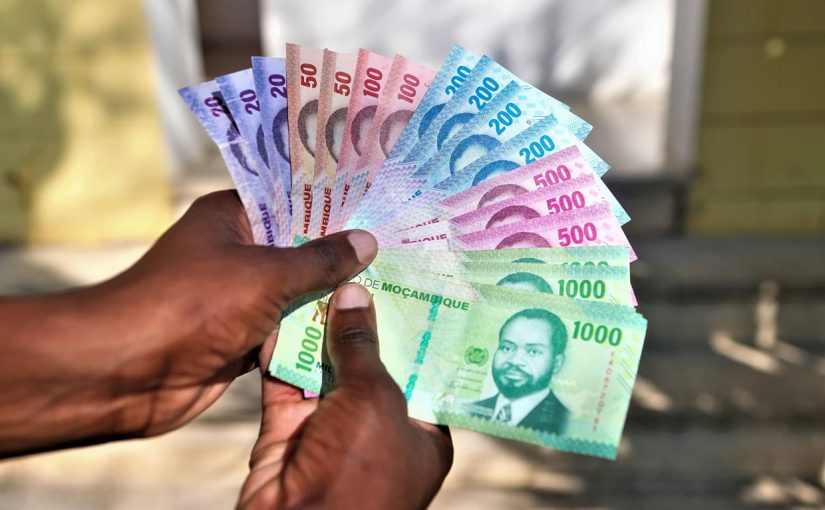Mozambique: Central bank forced to rely on news reports on money-laundering cases
Mozambique: Government expects to spend 7.4% GDP on debt servicing in 2026

File photo: Lusa
Mozambique expects to spend the equivalent of 7.4% of its Gross Domestic Product (GDP) on debt servicing in 2026, which will rise again to 122.7 billion meticais (almost €1.66 billion), according to official data.
In the documents supporting the proposal for the 2026 Economic and Social Plan and State Budget (PESOE), currently under review by parliament, the government explains that this amount includes 67.6 billion meticais (€913 million) for interest payments and 55.1 billion meticais (€744 million) for capital amortisation.
Overall, this represents an increase compared with the 120.6 billion meticais (€1.63 billion) forecast for debt servicing in 2025, equivalent to 7.8% of estimated GDP, and also compared with the 105.6 billion meticais (€1.43 billion) in 2024, about 7.2% of GDP.
The proposal adds that debt charges, which include interest payments, are equivalent to 4.1% of GDP: “This represents, as a proportion of GDP, a stabilisation compared with the forecast in the 2025 PESOE Law, justified by the government’s ongoing efforts to fully honour its commitments, thereby strengthening credibility and confidence in public finances.”
Mozambique’s public debt service charges fell by 7.5% in the first half of the year, compared with the same period in 2024, to 27.2 billion meticais (€367 million), according to government data reported in September by Lusa.
According to an implementation report by the Ministry of Finance, this represents 42.6% of the annual budget set for 2025.
The Mozambican government has hired the American firm Alvarez & Marsal to “assist in the preparation of a public debt restructuring plan” for the state.
According to Resolution 34/2025, dated 22 October, from the Council of Ministers, the international consultancy firm was hired through a direct contract and will draw up a plan to restructure the country’s public debt “in line with the government’s objectives of ensuring fiscal consolidation in the short and medium term”, and also to “provide support in the preparation of the Public Debt Strategy 2026–2029”.
Alvarez & Marsal, headquartered in New York and with a global presence, is described as a company specialising in recovery and performance improvement, with well-known interventions such as at Lehman Brothers and Warnaco, among others.
The governor of the Bank of Mozambique, Rogério Zandamela, warned on 29 September that the country’s public debt cannot continue to grow, expecting the government to take measures to contain it.
“It cannot grow. I know, I am sure, that the government is doing everything possible to contain this debt at reasonable levels so that it does not create problems for the economy. Because if it continues to grow to the point of reaching worrying levels of unsustainability, it could cause problems,” warned Zandamela.
The governor of the Bank of Mozambique was responding to journalists after the Monetary Policy Committee (CPMO) meeting, which takes place every two months, emphasising the importance of working to contain the impact of debt growth, especially domestic debt.
“Yes, it has an impact on economic growth; it cannot grow infinitely. There comes a time when it has to be addressed, with appropriate measures — revenue measures, expenditure measures, all kinds of adjustments that are necessary to reduce, contain, or mitigate the growth of this debt,” Rogério Zandamela added.
The CPMO meeting, like previous ones, concluded that “pressure on domestic public debt continues to worsen”, recognising an “impact on the normal functioning of the government bond market”.
According to previous data, Mozambique’s public debt reached a record 1.07 trillion meticais (€14.4 billion) on 30 June.












Leave a Reply
Be the First to Comment!
You must be logged in to post a comment.
You must be logged in to post a comment.